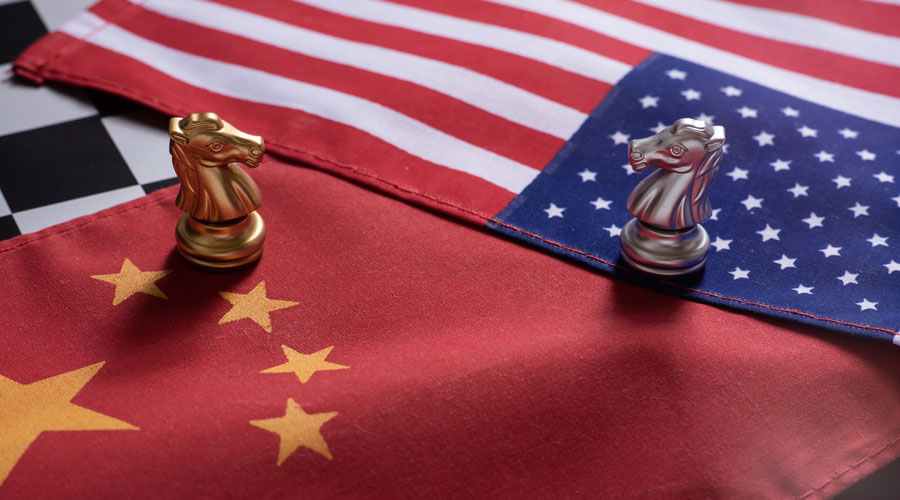A senior Chinese diplomat on Monday bluntly warned the visiting American deputy secretary of state, Wendy R. Sherman, that the Biden administration’s strategy of pursuing both confrontation and cooperation with Beijing was sure to fail.
China’s vice foreign minister, Xie Feng, told Sherman that the US’s “competitive, collaborative and adversarial rhetoric” was a “thinly veiled attempt to contain and suppress China”, according to a summary of Xie’s comments that the Chinese foreign ministry sent to reporters.
Sherman’s meetings offered the latest gauge of the Biden administration’s strategy of stepping up pressure against the Chinese government on several fronts, including human rights and Internet hacking, while seeking to work together on global problems like climate change and international health threats.
Xie’s remarks underscored the anger that has been building in China towards the US, undermining the chances that the approach will work.
“It seems that a whole-of-government and whole-of-society campaign is being waged to bring China down,” Xie told Sherman, according to the summaries of his comments, which were also issued on the Chinese foreign ministry website. “Do bad things and get good results. How is that ever possible?”
The Chinese foreign ministry’s volley of combative comments, issued before and during Sherman’s talks in the northern Chinese city of Tianjin, suggested that her visit was unlikely to ease the disputes that have festered between Beijing and Washington. The state department said last week that she would discuss Washington’s “serious concerns” about Chinese actions, as well as “areas where our interests align”.
But Chinese people “feel that the real emphasis is on the adversarial aspect; the collaborative aspect is just an expediency,” Xie told Sherman, according to the summary.
The acrimony echoed the opening of high-level talks between senior Chinese and Biden administration officials in March, when Beijing’s top foreign policy official, Yang Jiechi, delivered a 16-minute lecture.
Sherman rose to prominence during the Obama administration as a leading negotiator of a nuclear agreement with Iran reached in 2015 after years of contentious talks. Now as the No. 2 in the state department, she is focused on managing ties with China.
While President Biden has largely avoided the heated ideological sparring with the Chinese Communist Party that the Trump administration pursued in its final year, relations remain strained.
Washington has drawn in allies to press Beijing over mass detentions and forced labour in Xinjiang and the rollback of freedom in Hong Kong. The Chinese government has also bristled at calls from the US, the WHO and others for a fresh examination of whether the coronavirus may have slipped out of a lab in China, igniting the pandemic.
Last week, Chinese officials said they were “extremely shocked” by a WHO proposal to take a fresh look at the lab leak theory.
New York Times News Service











